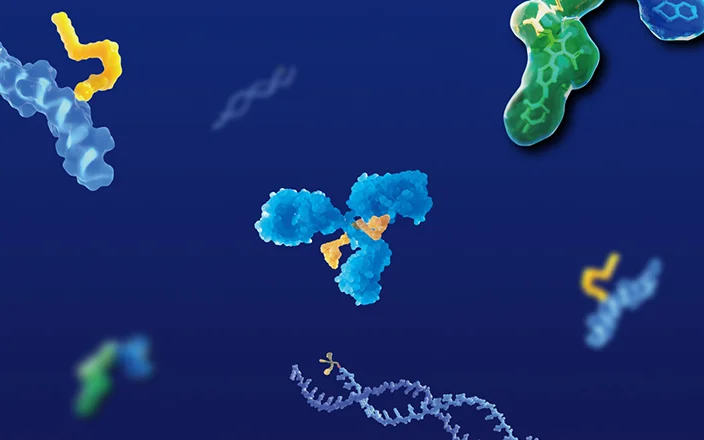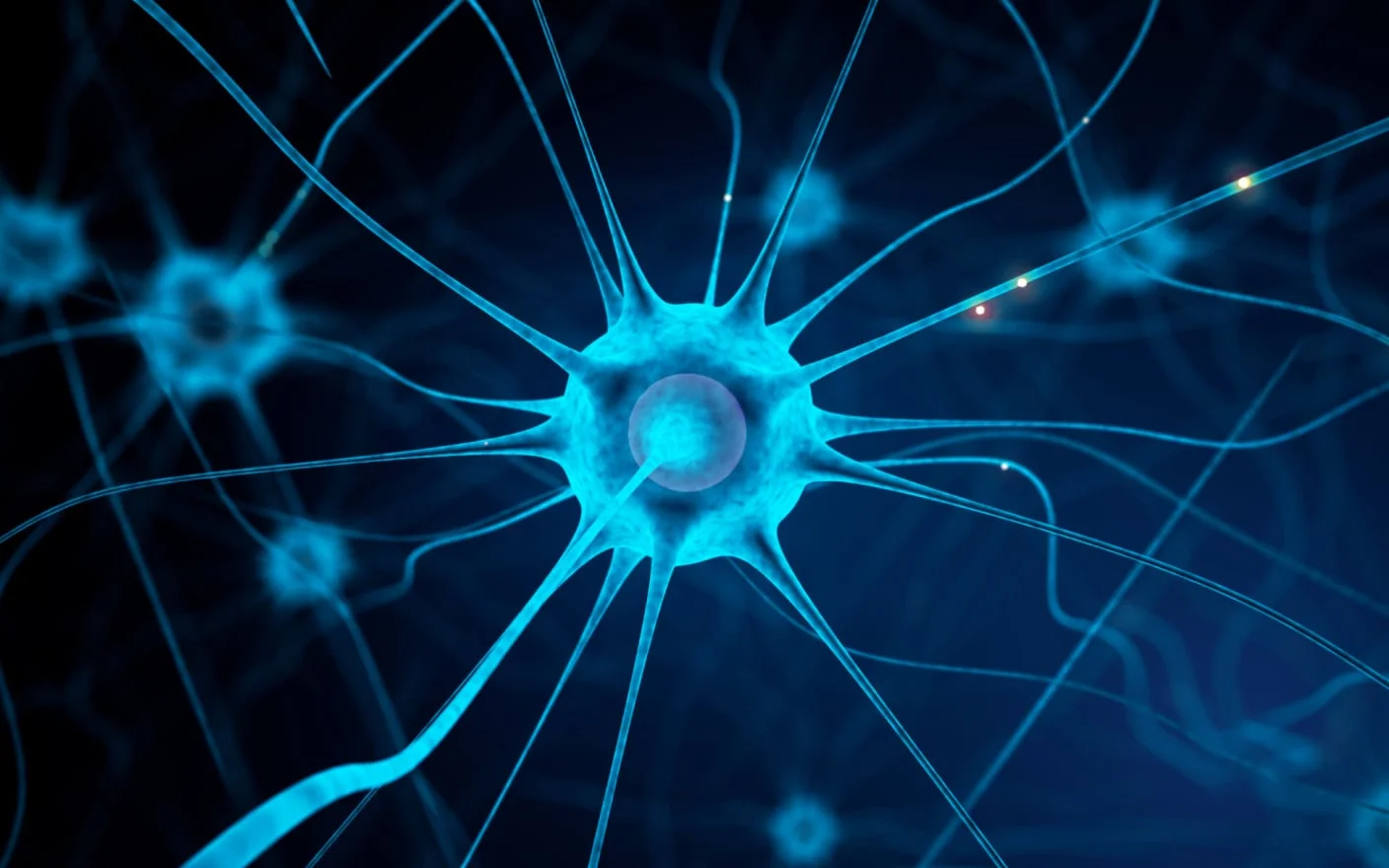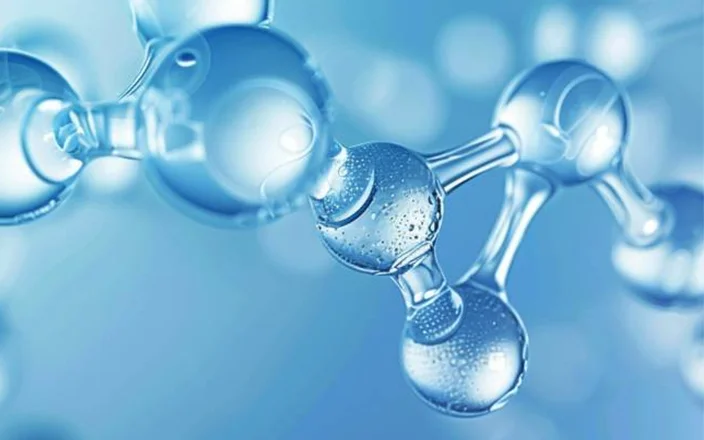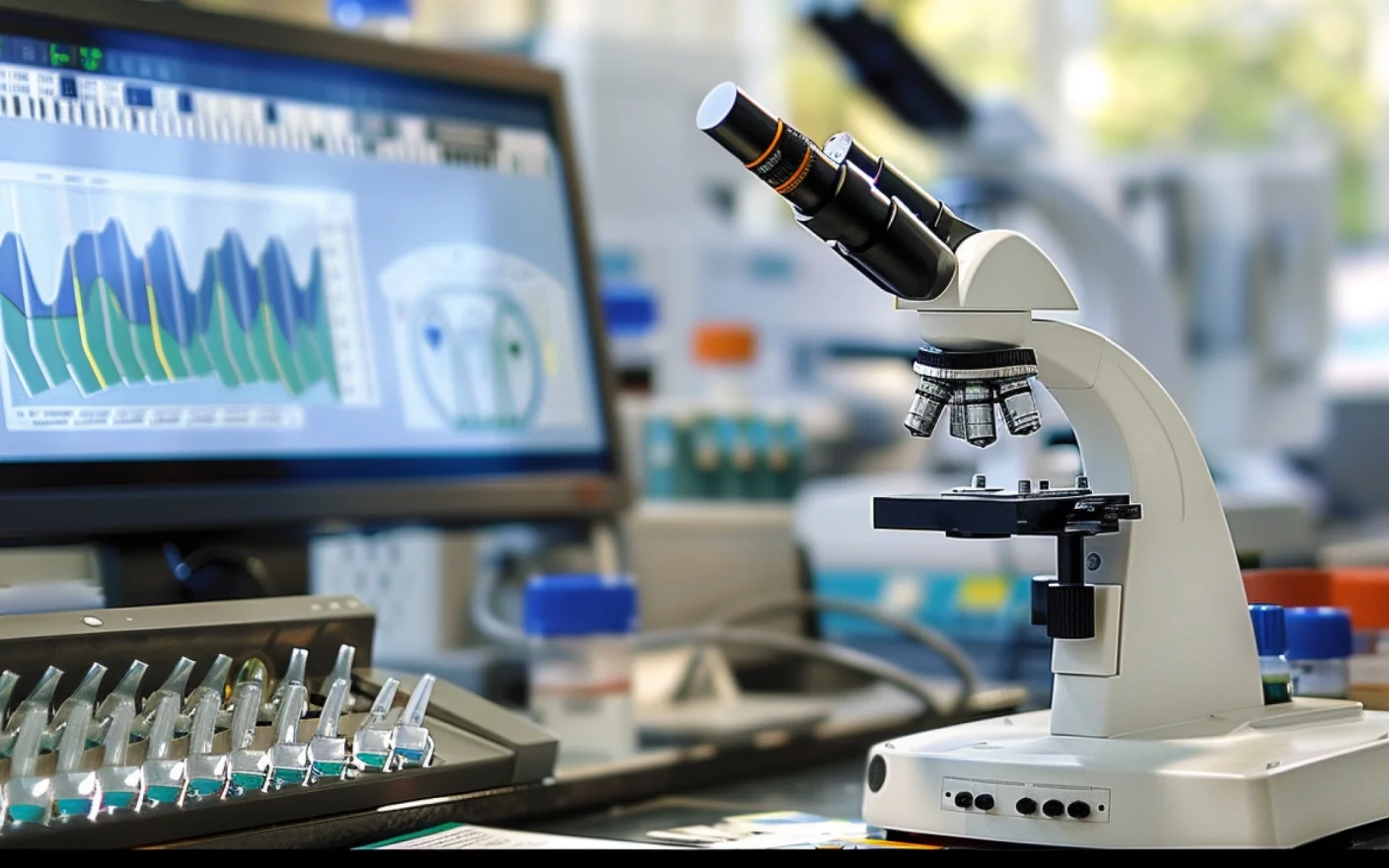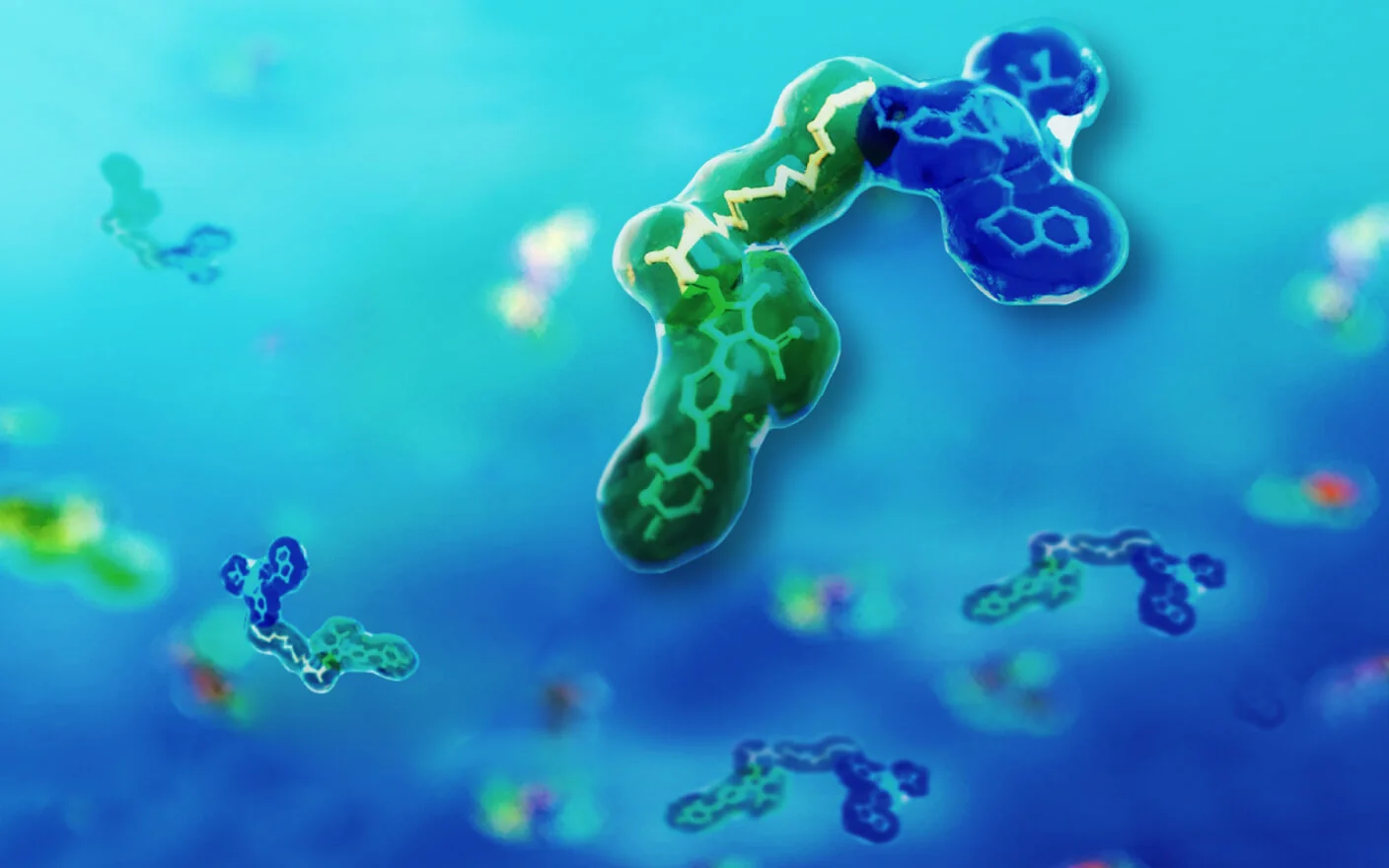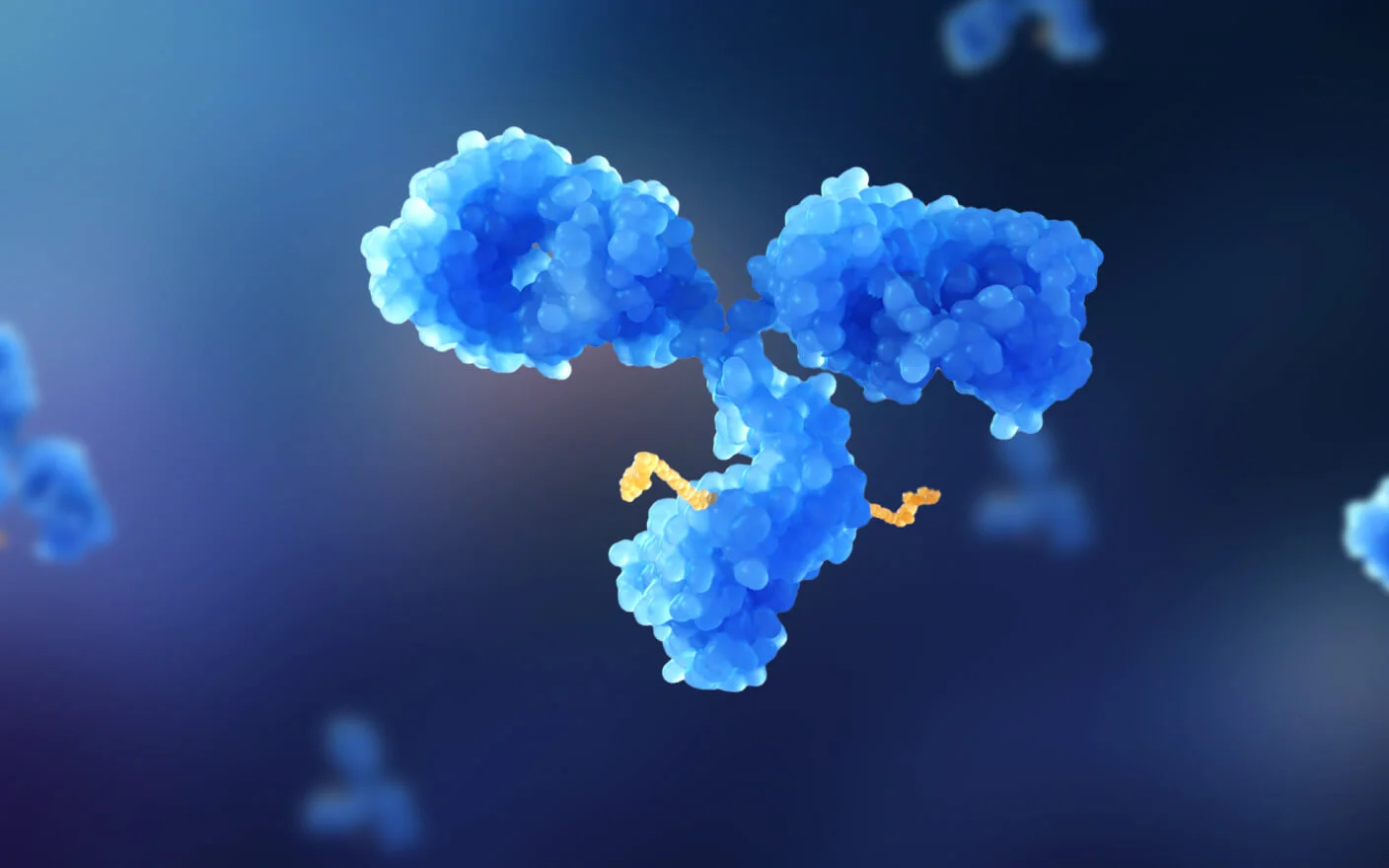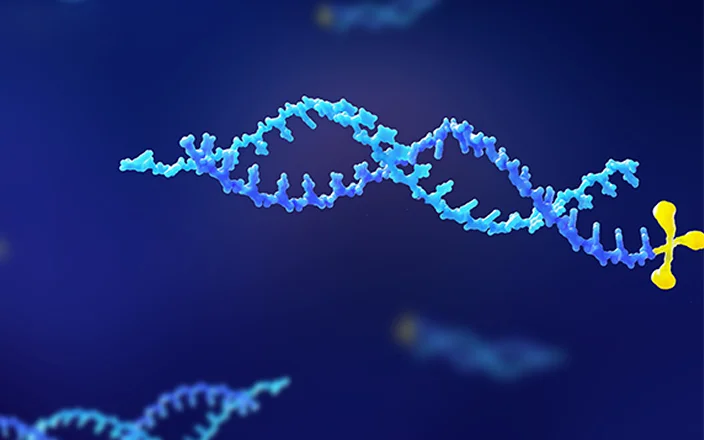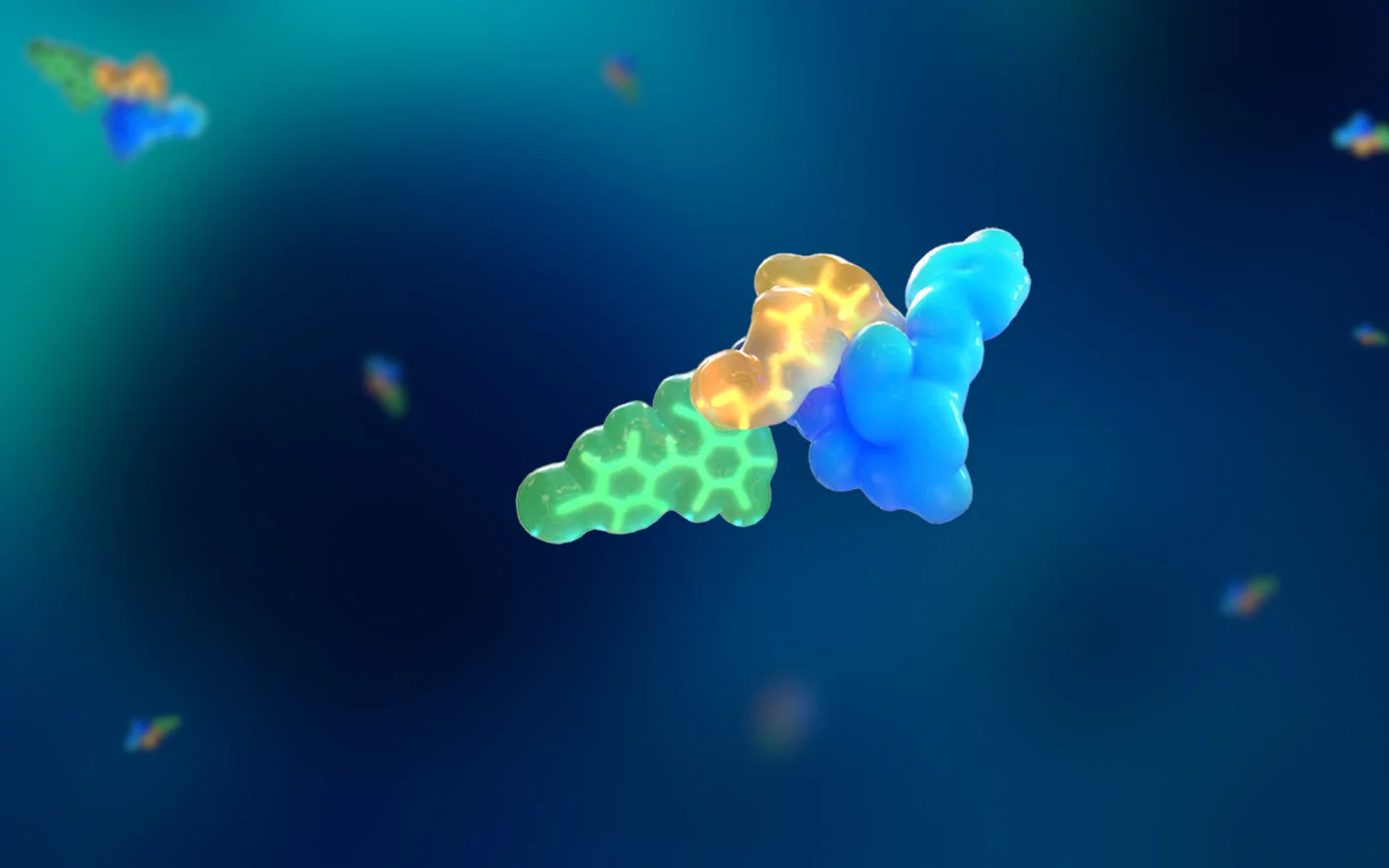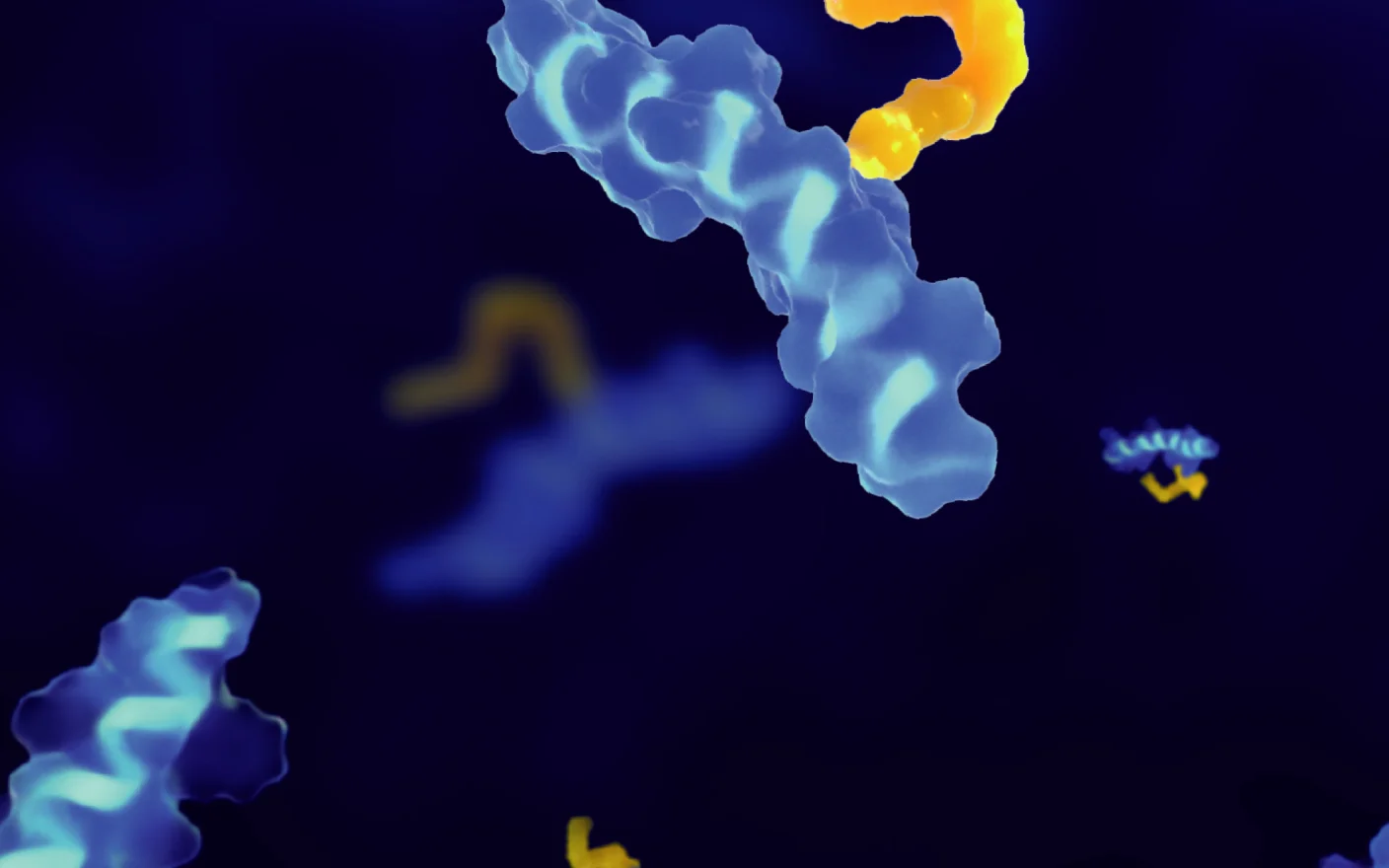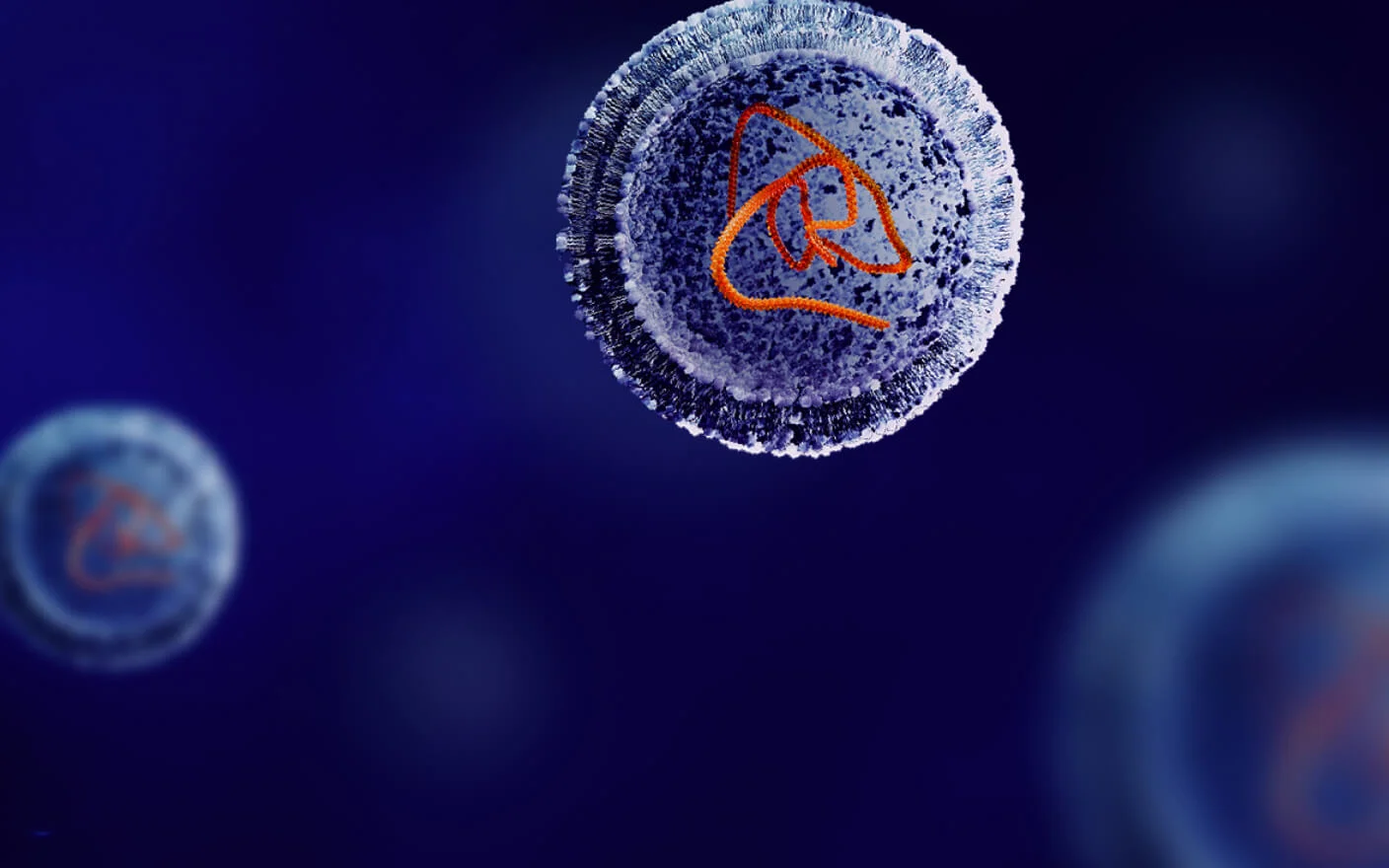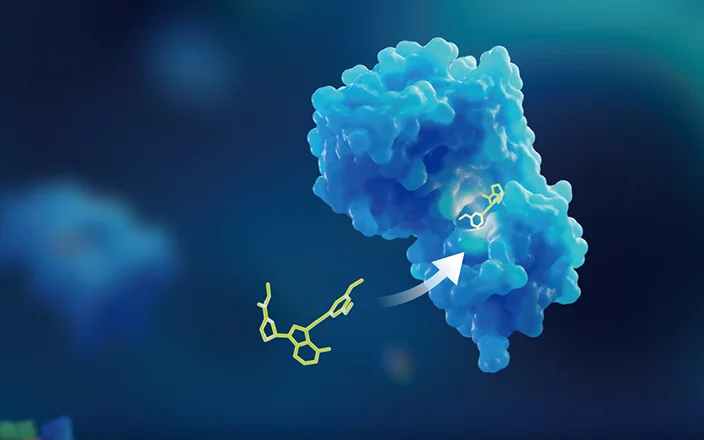Many challenges exist in the bioanalysis of oligonucleotides, which means that the appropriate bioanalytical platform needs to be selected based on the structure, the delivery system, and the sensitivity required for the assay of oligonucleotide analytes. Notably, the hybridization-based liquid chromatography-fluorescence (LC-FL) assay with high sensitivity and specificity is widely used for the quantitative analysis of oligonucleotides in preclinical and clinical pharmacokinetic biological samples. This blog introduces the principles, advantages, challenges, and solutions of LC-FL methods and shares some insights on the strength of departmental experience and research cases.
What is LC-FL Method?
The hybridization-based LC-FL combines probe hybridization and an LC-FL assay. Quantitative oligonucleotide bioanalysis using LC-FL consists of three main steps:
-
Binding of fluorescently labeled peptide nucleic acid (PNA) probes to the target oligonucleotides through Watson-Crick base pairing to form fluorescently labeled complexes
-
Separation of fluorescently labeled complexes from excess PNA probes by ion-exchange LC
-
Detection of fluorescently labeled complexes using a fluorescence detector
What are the Advantages and Challenges of the LC-FL Method for the Oligonucleotide Bioanalysis?
1) Advantages
-
High detection sensitivity for preclinical and clinical sample analysis
-
Good selectivity for quantitative analysis of metabolites
-
Unaffected by oligonucleotide structural modifications and delivery systems
2) Challenges
-
Probe design and screening: The main challenge in developing hybridization-based LC-FL methods is the design and screening of probes, which is critical to the sensitivity and specificity of the assay, and the probes need to be progressively optimized and screened during method development.
-
Quantitative analysis of metabolites: Since the LC-FL method isolates the target oligonucleotides and their truncated metabolites (e.g., n-1, n-2) by ion-exchange chromatography, metabolite standards are required to confirm the retention times of the metabolites.
How WuXi AppTec DMPK Helps You
WuXi AppTec DMPK Non-GLP Bioanalytical team has comprehensive bioanalytical capabilities for oligonucleotide drugs and has developed and established five bioanalytical platforms, including LC-MS/MS, LC high-resolution mass spectrometry (LC-HRMS), hybridization-based LC-FL, ligand-binding assays (LBAs), and quantitative polymerase chain reaction (qPCR). These platforms can support the bioanalysis of oligonucleotides from the early drug screening phase to investigational new drug applications.
If you want to learn more details about the application of LC-FL method in bioanalysis of oligonucleotides, please read the article now.
Committed to accelerating drug discovery and development, we offer a full range of discovery screening, preclinical development, clinical drug metabolism, and pharmacokinetic (DMPK) platforms and services. With research facilities in the United States (New Jersey) and China (Shanghai, Suzhou, Nanjing, and Nantong), 1,000+ scientists, and over fifteen years of experience in Investigational New Drug (IND) application, our DMPK team at WuXi AppTec are serving 1,500+ global clients, and have successfully supported 1,200+ IND applications.
Talk to a WuXi AppTec expert today to get the support you need to achieve your drug development goals.
Related Services and Platforms




-

 DMPK BioanalysisLearn More
DMPK BioanalysisLearn More -

 Novel Drug Modalities DMPK Enabling PlatformsLearn More
Novel Drug Modalities DMPK Enabling PlatformsLearn More -

 Novel Drug Modalities BioanalysisLearn More
Novel Drug Modalities BioanalysisLearn More -

 Small Molecules BioanalysisLearn More
Small Molecules BioanalysisLearn More -

 Bioanalytical Instrument PlatformLearn More
Bioanalytical Instrument PlatformLearn More -

 PROTAC DMPK ServicesLearn More
PROTAC DMPK ServicesLearn More -

 ADC DMPK ServicesLearn More
ADC DMPK ServicesLearn More -

 Oligo DMPK ServicesLearn More
Oligo DMPK ServicesLearn More -

 PDC DMPK ServicesLearn More
PDC DMPK ServicesLearn More -

 Peptide DMPK ServicesLearn More
Peptide DMPK ServicesLearn More -

 mRNA DMPK ServicesLearn More
mRNA DMPK ServicesLearn More -

 Covalent Drugs DMPK ServicesLearn More
Covalent Drugs DMPK ServicesLearn More
Stay Connected
Keep up with the latest news and insights.




